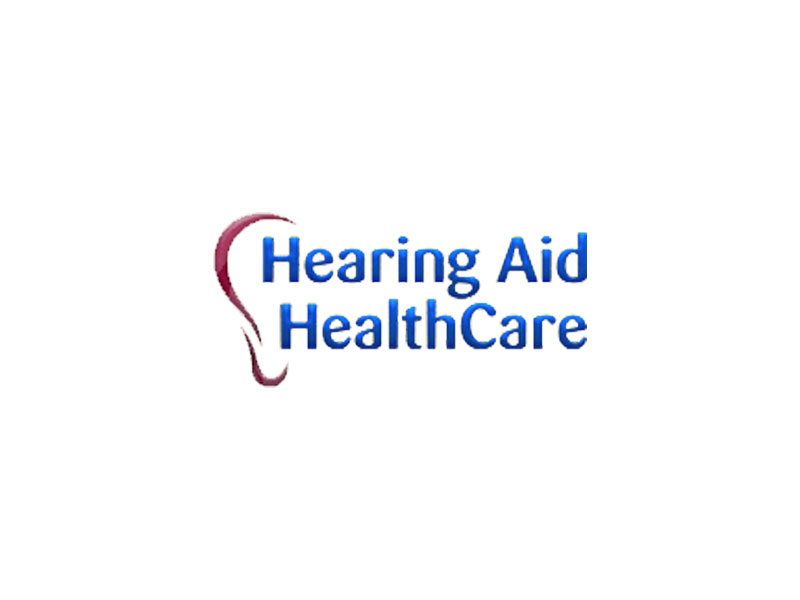Hearing loss impacts people of every age. For every thousand babies born, 2 to 3 will be deaf or have some form of hearing impairment according to data from the National Institutes of Health. Kids can experience hearing loss due to genetic factors, because of a middle ear infection called otitis media, or it may be brought on by injury, very loud noises, certain medications, and illnesses such as measles and chickenpox. Whatever the cause, testing hearing early is key, because the sooner any hearing problems are detected, the better the child’s chances of attaining their full educational and developmental potential.
Luckily, the most common signs of hearing loss in children are well documented for parents and caregivers to look for. When your child is still a baby, such signs include a failure to be startled by loud noises, a failure to turn the head to face you when you call his or her name, being able to hear some sounds and not others, and not turning toward the source of a sound after the age of 6 months.
Signs of otitis media include rubbing or pulling at their ears, having fevers or earaches, becoming inattentive or listless, failing to understand instructions, and asking for the TV to be turned up louder. Watch how your child interacts with others. Notice if they say "what?" or "huh?" frequently. Also note if they seem to watch the face of the speaker very carefully. Hearing loss is a serious concern. Even mild hearing loss can lead to delays in language and speech development and manifest in poor school performance.
To aid in early detection, many states have mandatory early hearing screenings. These are painless tests often performed at the hospital after birth or in public schools. There is no such thing as "too soon" when it comes to testing your children's hearing. The sooner any conditions are found, the sooner they can be treated. If your child has never had a hearing test, or you have observed any of the warning signs listed above, give us a call to schedule a hearing test.
